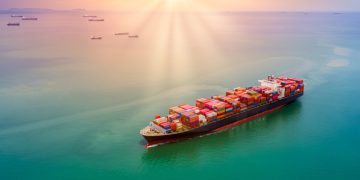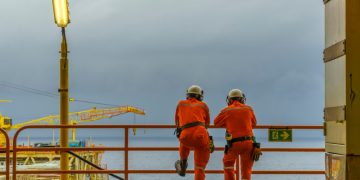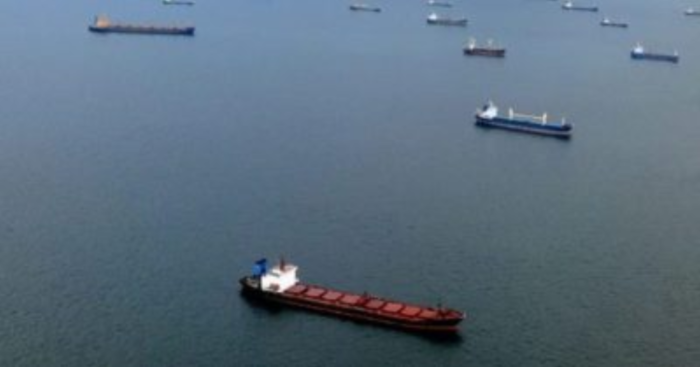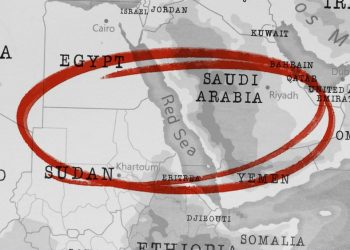Twelve Western countries have agreed on a set of measures aimed at disrupting Russia’s so-called “shadow fleet” of vessels, which are believed to be used by Moscow to circumvent international sanctions.
The countries involved in the agreement include Germany, the United Kingdom, Poland, the Netherlands, the five Nordic nations, and the three Baltic states. Estonia, which played a key role in initiating the discussions, announced the new measures on Monday. The countries’ leaders, who are members of the Joint Expeditionary Force, are scheduled to meet in Tallinn on Tuesday to further solidify their commitment.
Estonian Prime Minister Kristen Michal expressed firm support for the new measures, stating, “We are taking concerted steps to deter Russia’s shadow fleet and avoid attempts to evade sanctions.” The initiative aims to increase the costs of Moscow’s ongoing war in Ukraine by making it more difficult and costly for Russia to continue using these vessels to bypass Western-imposed restrictions, Reuters reports.
What is the shadow fleet?
The “shadow fleet” comprises primarily older tankers, many of which have not undergone recent inspections and lack proper maintenance. Ownership of these vessels is often unclear, and they frequently operate without adequate insurance coverage, seeking to evade sanctions and mitigate high insurance costs. This increases the risk of oil spill or collision. This could also result in a participating shipowner evading its liability under the relevant liability and compensation treaties.
As part of the effort, several nations—including Denmark, Sweden, Poland, Finland, and Estonia—will begin conducting more rigorous checks on ships suspected of being part of the shadow fleet. These checks will focus on insurance documentation, with inspections to take place in key waterways such as the English Channel, Danish Straits, the Gulf of Finland, and the Sound between Sweden and Denmark.
To remind, earlier this week, the EU Council adopted its 15th sanctions package against Russia, a significant step in the EU’s ongoing efforts to address Russia’s actions in Ukraine and its attempts to circumvent international sanctions.




























































